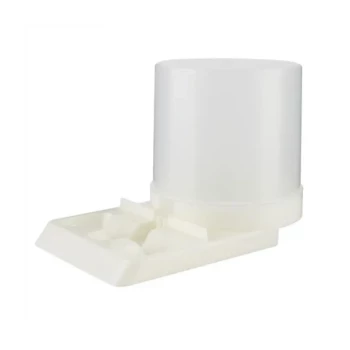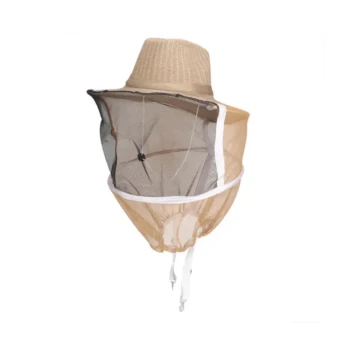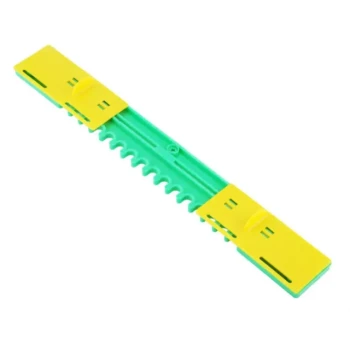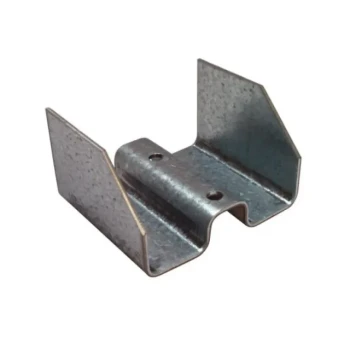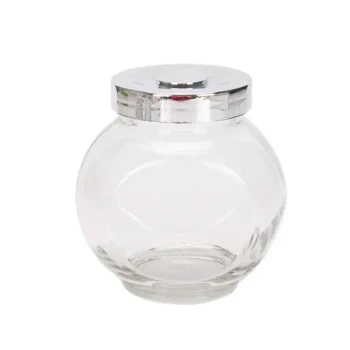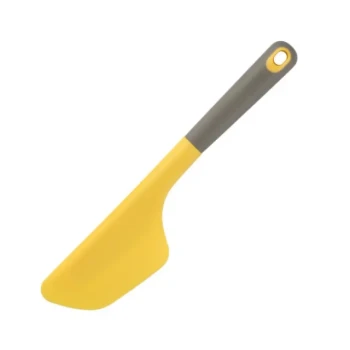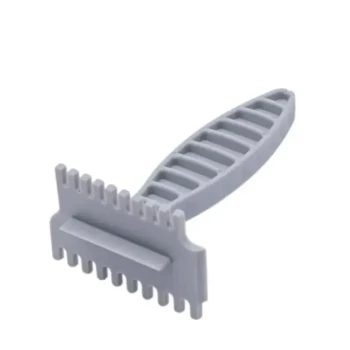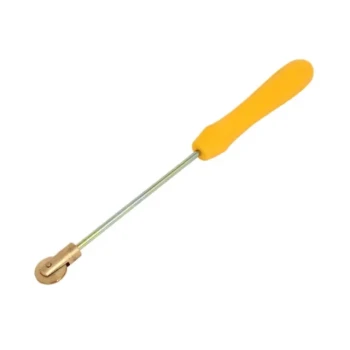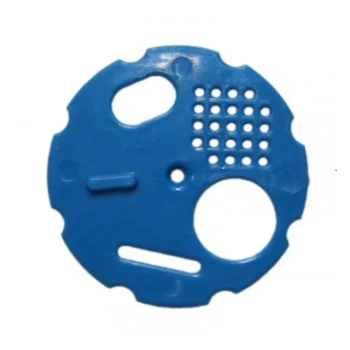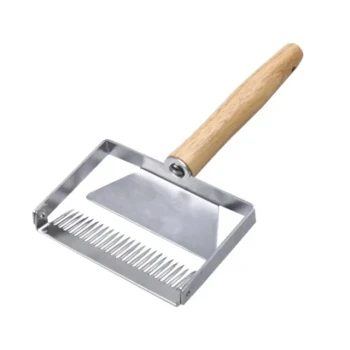The response of a bee colony to a pollen substitute is not universal; it is entirely dependent on the availability of natural pollen in the environment. Some colonies will consume a substitute eagerly when outside sources are scarce, while others will completely ignore it if they can forage for the real thing. Providing a substitute is simply offering a resource, not forcing a diet.
Beekeepers often wonder if pollen substitutes are a helpful boost or a wasted effort. The value of a substitute is directly inverse to the availability of natural pollen—it is a critical tool during a shortage, or "pollen dearth," but provides no benefit when natural sources are abundant.
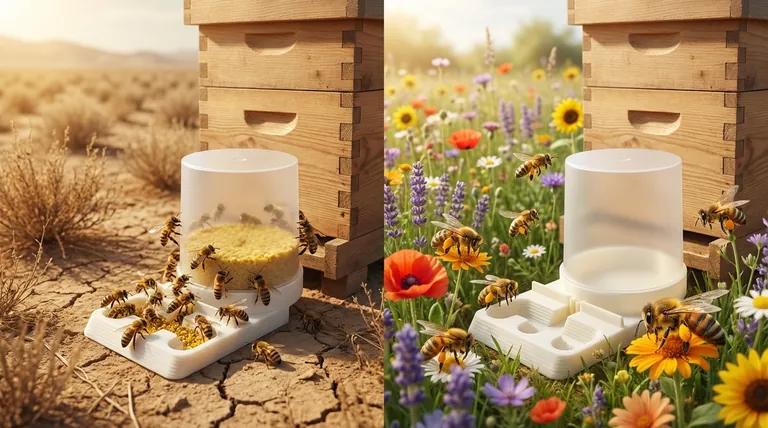
The Foundational Role of Pollen
The Engine of Hive Growth
Pollen is the hive's sole source of protein, vitamins, and minerals. This essential nutrition is required to feed developing larvae and to produce royal jelly.
Without an adequate pollen supply, a colony cannot raise new bees, and its population will stagnate or decline.
A Hive's Top Priority
A colony instinctively prioritizes the collection of pollen to ensure the survival of its brood.
Studies on pollen-trapped hives show that bees will shift their workforce from collecting nectar (for honey) to collecting pollen if a shortage is detected. Brood rearing takes precedence over honey storage.
How a Colony Decides to Use a Substitute
The "Pollen Dearth" Trigger
The primary factor driving a colony to consume a pollen substitute is a pollen dearth—a period when little to no natural pollen is available.
During these times, a substitute provides the protein necessary to continue raising brood and maintain the colony's population.
Natural Preference Is Absolute
Given the choice, bees will almost always favor natural pollen over any man-made substitute.
If you place a substitute patty in a hive and the bees ignore it, this is the clearest possible signal that they are finding sufficient resources in the field. The bees' behavior is your best indicator of their needs.
Understanding the Trade-offs
The Cost of Unnecessary Feeding
Feeding pollen substitutes when natural pollen is plentiful is a waste of time and money.
The references are clear that there is no apparent benefit to providing supplements when the bees can forage for themselves. The patties will likely go untouched.
The Risk of Neglecting a Dearth
Failing to provide a substitute during a genuine pollen dearth can have significant consequences.
A lack of protein will force the queen to slow or stop laying eggs, causing a break in the brood cycle. This weakens the colony, reduces its population, and leaves it vulnerable heading into a nectar flow or the winter season.
Making the Right Choice for Your Goal
Your decision to feed a pollen substitute should be a strategic response to observed environmental conditions and your specific beekeeping goals.
- If your primary focus is early spring buildup: Provide a substitute a few weeks before natural pollen becomes available to stimulate the queen and get a head start on brood rearing.
- If your region experiences a summer pollen shortage: Offer a substitute during this gap to prevent a break in the brood cycle and maintain colony strength for the fall.
- If your primary focus is maximizing honey production: Do not feed substitutes when natural pollen and nectar are abundant, as your resources are better spent elsewhere and the bees will ignore the patty.
By observing your local environment and understanding your bees' needs, you can use pollen substitutes as a powerful tool to ensure your colonies thrive.
Summary Table:
| Feeding Scenario | Colony Response | Beekeeper Action |
|---|---|---|
| During Pollen Dearth | Eagerly consumes substitute to maintain brood rearing. | Feed substitutes to prevent colony weakening. |
| When Natural Pollen is Abundant | Ignores substitute in favor of foraging. | Do not feed; it's a waste of resources. |
| For Early Spring Buildup | Consumes substitute to stimulate queen before natural pollen is available. | Feed strategically to get a head start on population growth. |
Ensure your colonies have the high-quality supplies they need to thrive.
As a commercial beekeeper or equipment distributor, your success depends on strong, productive hives. HONESTBEE understands the precise nutritional demands of your operation. We supply beekeepers with the reliable equipment and supplies necessary to manage colony health effectively, especially during critical periods like pollen dearths.
Let's discuss how our wholesale-focused solutions can support your apiary's specific goals. Contact our team today to optimize your beekeeping strategy.
Visual Guide
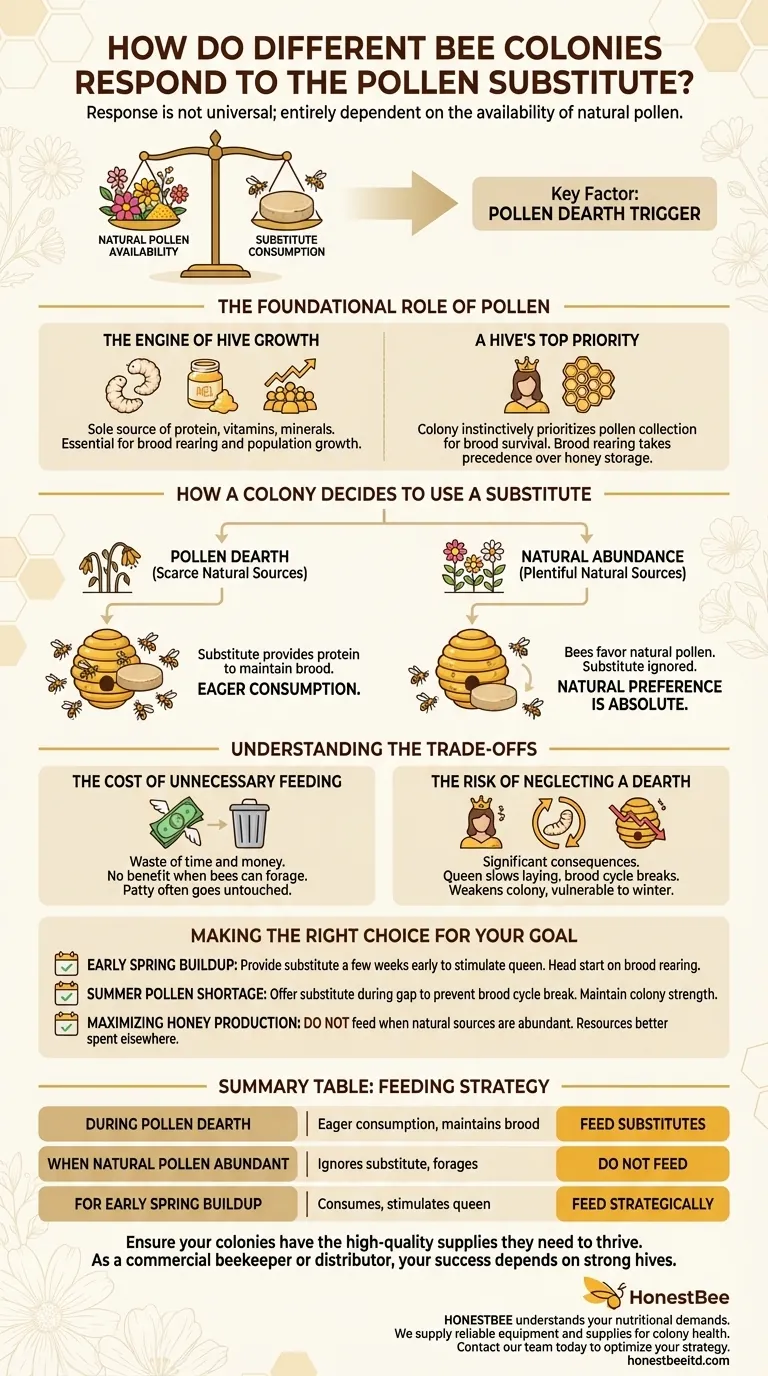
Related Products
- HONESTBEE Entrance Bee Feeder Professional Hive Nutrition Solution for Beekeeping
- Long Langstroth Style Horizontal Top Bar Hive for Wholesale
- Economy Polyester Beekeeping Jacket with Veil and Hat
- Beekeeping Jacket with Hood and Veil for Beekeepers
- Beekeeper Cowboy Hat and Veil for Beekeeping
People Also Ask
- What is an entrance feeder and what are its characteristics? Essential Guide for Effortless Hive Feeding
- What is an entrance feeder? A Guide to Its Simple Design and High Robbing Risk
- How to make an entrance feeder for bees? A DIY Guide for Safe & Effective Feeding
- How do you make an entrance feeder for bees? A Guide to Safe & Effective Hive Feeding
- What are the advantages and disadvantages of using an entrance feeder for bees? Balance Convenience and Hive Security.
